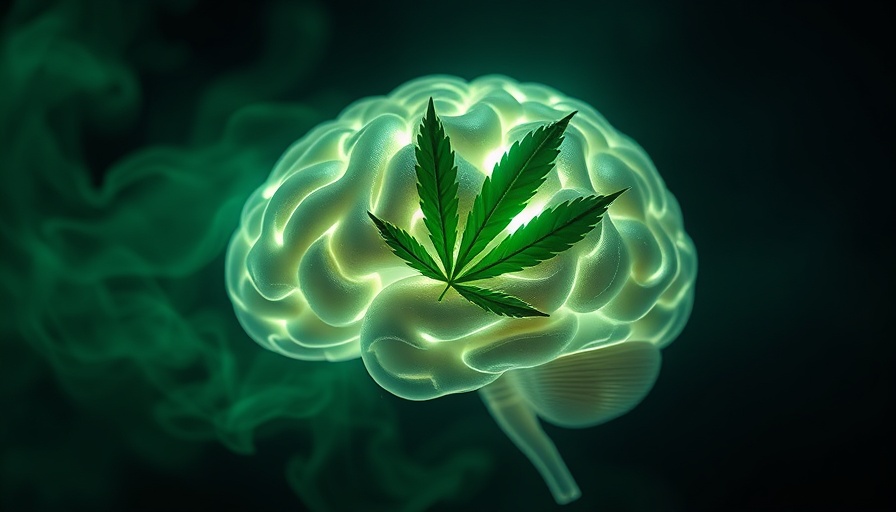
Understanding Cannabis Intoxication
As cannabis becomes more prevalent in society, understanding its impact, especially on young people, is crucial. A recent study has shown that cannabis intoxication can alter metabolism. However, an interesting finding is that frequent cannabis users may experience fewer metabolic effects compared to occasional users. For parents, this brings to light important considerations about teaching children and teens about drug use.
The Metabolic Effects of Cannabis
When cannabis is consumed, it affects various bodily functions, including metabolism. The body responds by altering the way it processes nutrients, which can influence appetite and weight. This effect is significant for those who may be curious about cannabis, especially young users. It is essential for parents to discuss how these changes can be different for occasional users versus regular users, as frequent users adapt differently to the substance.
Frequent Users and Their Unique Responses
Interestingly, research indicates that habitual users might display fewer metabolic changes than those who use cannabis less regularly. This could be due to their body's adaptation to the drug over time. Parents might find this information useful when discussing cannabis use with their children, as it highlights the importance of understanding how regular use can alter body chemistry.
A Broader Perspective on Cannabis Use
This finding opens up the conversation about the long-term effects of cannabis use, especially in adolescents. Previous studies have shown that early exposure to cannabis might lead to different cognitive outcomes, raising questions about the implications for developing brains. As cannabis becomes legalized in more areas, it’s crucial for parents to stay informed about these trends.
Practical Tips for Parents
Parents can take proactive steps in addressing cannabis use with their children. Here are a few tips:
- Open the Conversation: Start discussions about cannabis in a non-judgmental way, encouraging honest dialogue.
- Share Facts: Educate your children about the effects of cannabis on their bodies, emphasizing how reactions can vary.
- Set Clear Boundaries: Establish family norms about drug use and be transparent about your concerns.
Connecting to Current Trends
As cannabis use becomes normalized, particularly with the rise in legalization, understanding its effects on youth is increasingly relevant. Studies have shown that in states where cannabis is legal, there is a notable drop in prescriptions for anxiety medications, suggesting that some are turning to cannabis as a substitute for traditional treatments. This could be a point of discussion for parents looking to understand the changing landscape of mental health and substance use among young people.
Counterarguments and Diverse Perspectives
While some argue that cannabis could serve as a viable alternative to prescription medications, there are opposing views that emphasize potential risks, particularly concerning adolescent development and long-term mental health. Engaging with both sides of this debate can empower parents to frame their conversations effectively and present balanced insights to their children.
The Value of Ongoing Education
Keeping abreast of new findings can help families maintain a healthy approach to drug use discussions. Parents should seek out resources, workshops, or community discussions on cannabis that are focused on educating people about its varied effects on health and behavior.
In conclusion, with the evolving landscape of cannabis legalization and its implications for youth, it is vital for parents to have informed discussions with their children. By staying educated and open, families can navigate these conversations positively and constructively.
In light of these findings, consider engaging in community resources or educational programs that promote clearer understanding and communication about cannabis use among young individuals.
 Add Row
Add Row  Add
Add 




 Add Row
Add Row  Add
Add 

Write A Comment